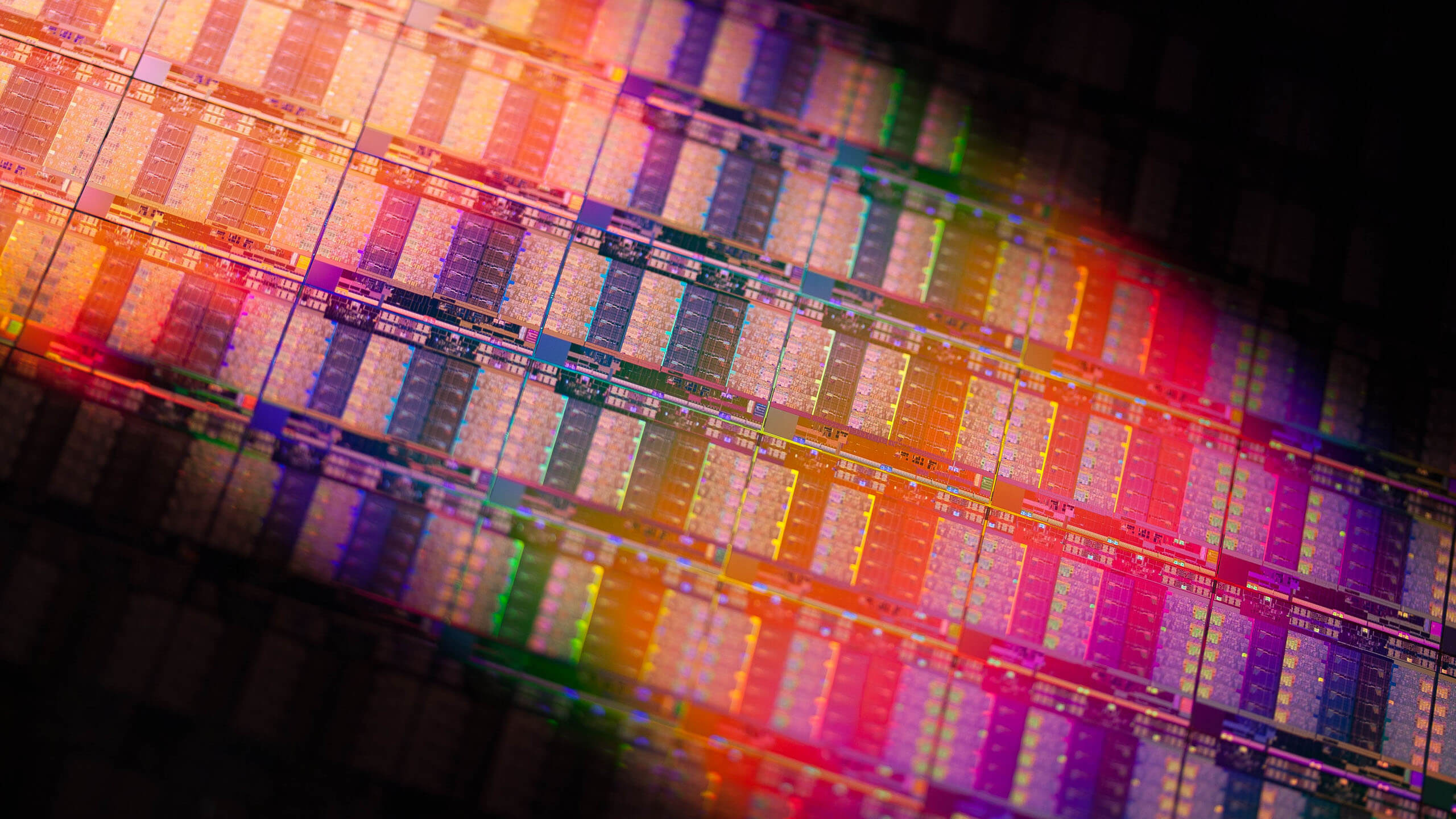Why it matters: Intel’s next glorious 18-core behemoth has thundered into the Geekbench 4 arena where it has vanquished the i9-9980XE by 11% in the multi-core test, a bold display of dominance for an engineering sample. But can it handle the heat of the Ryzen 9 3950X it was doubtlessly built to combat? Apparently not, given the unreleased Ryzen chip scores 12% higher in the multi-core, and 9% higher in the single-core.

Before we tread further into the forest of CPU stats and figures, let me remind you that public Geekbench entries are very limited indicators. Geekbench results overestimate Ryzen CPUs for gaming but underestimates them slightly for video exporting, for example. Furthermore, the single entry could be underperforming if Geekbench’s reported 3.3 GHz boost speed is accurate and the final chip can hit higher clocks.
Now for the breakdown: we know this chip is next-gen, because Geekbench lists the stepping as seven, while released chips are on the fifth stepping. It’s also likely this specific chip is a Xeon as it was tested in a Dell Precision 5820 workstation that is only sold with Xeons, but that’s academic really, as there is functionally no difference between a Xeon and its Core i9 equivalent.
| Model | Cores/ Threads |
Base/Boost (GHz) | L3 Cache (MB) | MSRP | Multi-Core Score | Single-Core Score |
| Intel 18-core* | 18/36 | 2.2/3.2 | 24.75 | - | 100% | 100% |
| Intel i9-9980XE | 18/36 | 3.0/4.4 | 24.75 | $1,700 | 90% | 100% |
| Intel i9-7980XE | 18/36 | 2.6/4.2 | 24.75 | $1,765 | 80% | 99% |
| Ryzen 9 3950X* | 16/32 | 3.3/4.3 | 64.00 | $750 | 112% | 109% |
| Ryzen 9 3900X | 12/24 | 3.8/4.6 | 64.00 | $500 | 84% | 105% |
*Specfications of unreleased hardware (as detected by Geekbench) are not set in stone.
Assuming the 54,597 score is accurate, the new chip slots in nicely above the i9-9980XE/Xeon W-2195 in multi-core tasks, so we could expect it to be excellent at the usual things: renders, simulations, file compression, encryption/decryption, encoding, exporting, etc.
In these tasks, the i9-9980XE tends to roughly match the Threadripper 2990WX (32-core) so the new chip should come out slightly on top.
However, one must also consider the price. Previous mainstream Intel 18-cores have had an MSRP in excess of $1,700 and in practice go for about $2,000 and their Xeon counterparts go for about $3,000, while the Ryzen 3950X will cost only $750. Quite frankly, that kills the viability of this new processor, unless Intel decides to radically re-evaluate their i9 pricing strategy.
https://www.techspot.com/news/81496-intel-10th-gen-18-core-beats-core-i9.html